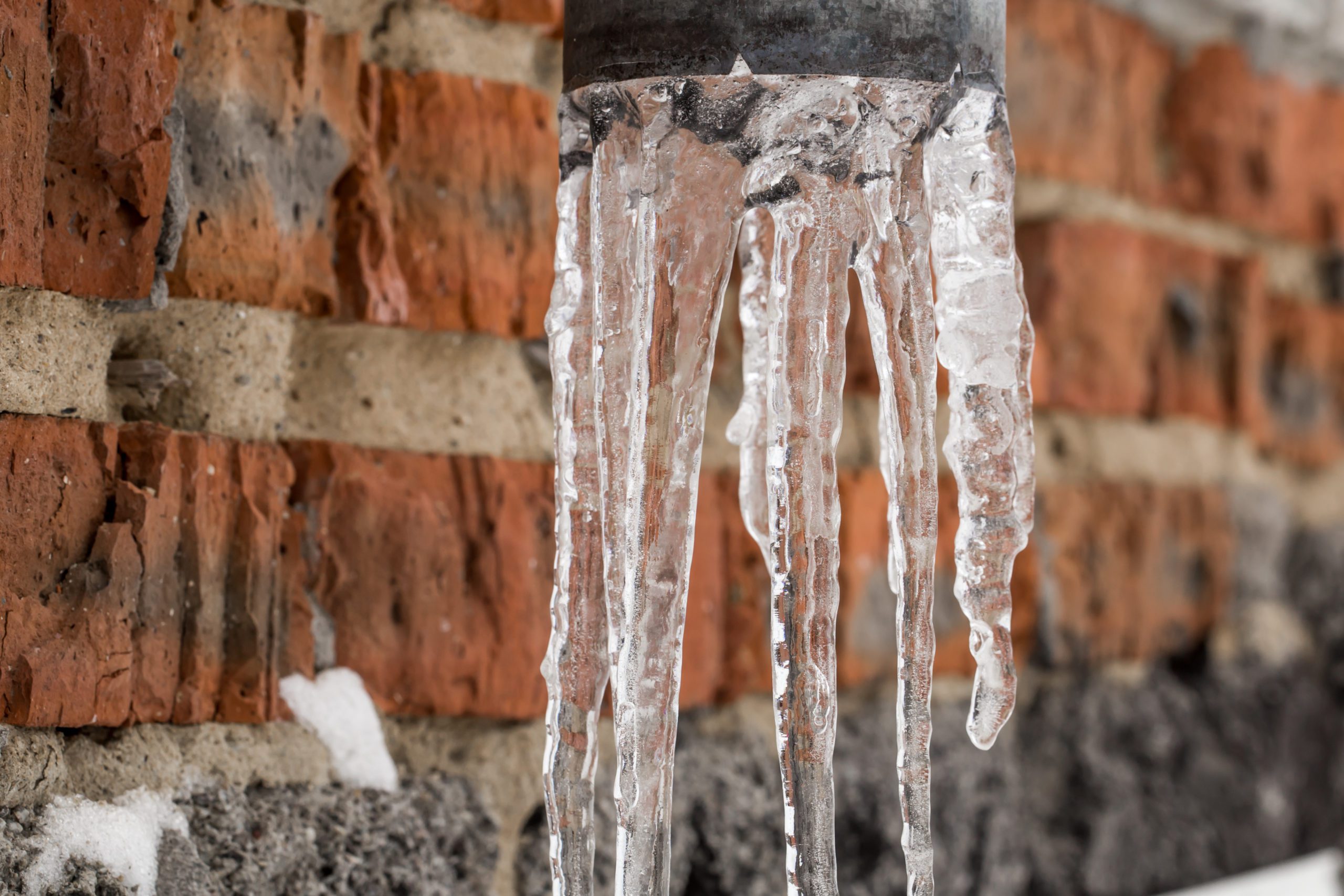The days are getting shorter and there’s a chill in the air. Winter is on its way.
There are many things you should be doing to get your home ready for the cold weather and winterizing your plumbing is a priority. During the winter, pipes can freeze putting a tremendous amount of pressure on the metal or plastic exterior. If the pressure gets too much, the pipes can burst leading to flooding and damage to your home’s foundation and systems.
Fortunately, there are preventative measures you can take to protect your plumbing from winter’s harmful effects. Here are some suggestions.
Insulate Pipes
Make sure your pipes are protected from the cold by insulating them. This is an essential measure for pipes in uninsulated spaces like crawl spaces or attics. A foam insulation with a layer of electrical tape underneath will work best.
Keep the Home Warm
If the interior of your home is warm, your pipes will be less likely to freeze. Temperatures throughout the home should be kept above 55 degrees, especially if it’s particularly cold outside.
Circulate Warm Air
Open cabinets in your kitchens and bathrooms to allow warm air to reach the pipes.
Seal Air Leaks
Any air leaks in your home will let in the cold air making your pipes more likely to freeze. Air is likely to come in through vents, access doors and gaps in areas where the pipes and electrical conduits enter the home. They may also appear on the long joint between the exterior wall and the foundation sill.
Check these areas and use caulk to fill any gaps you find. If the openings are too large to be caulked, a spray foam insulation will do the trick. You can also keep the home warmer by weatherstripping windows and doors and sealing leaks around the chimney furnace and water heater. Placing foam gaskets behind outlet covers and switch plates will also help.
Drain and Disconnect Water Related Components
Draining and disconnecting water related components will keep the items in good shape and it will protect your plumbing system. Disconnect garden hoses from exterior faucets and drain the water out before storing them.
Turn off the water valve that connects to underground sprinkler and drain the residual water or blow it out with compressed air. If you have outdoor faucets with dedicated shut off valves, make sure the valves are turned off. Then open the faucet to drain out the water remaining in the system.
Should I Winterize My Home Myself?
If you are a DIY-er, you may feel okay about winterizing your home yourself, but to ensure your winterization is thorough, calling in a professional will be a better option. JVS Plumbing offers complete winterization of all interior plumbing in homes, cabins, outbuildings and more. And now is a great time to book your appointment. We will be running a 10% off special for all winterizations booked in October.
Don’t let the cold weather destroy your home. Call JVS to ensure your interior is ready for the winter months. What steps will you be taking to keep your property protected?






